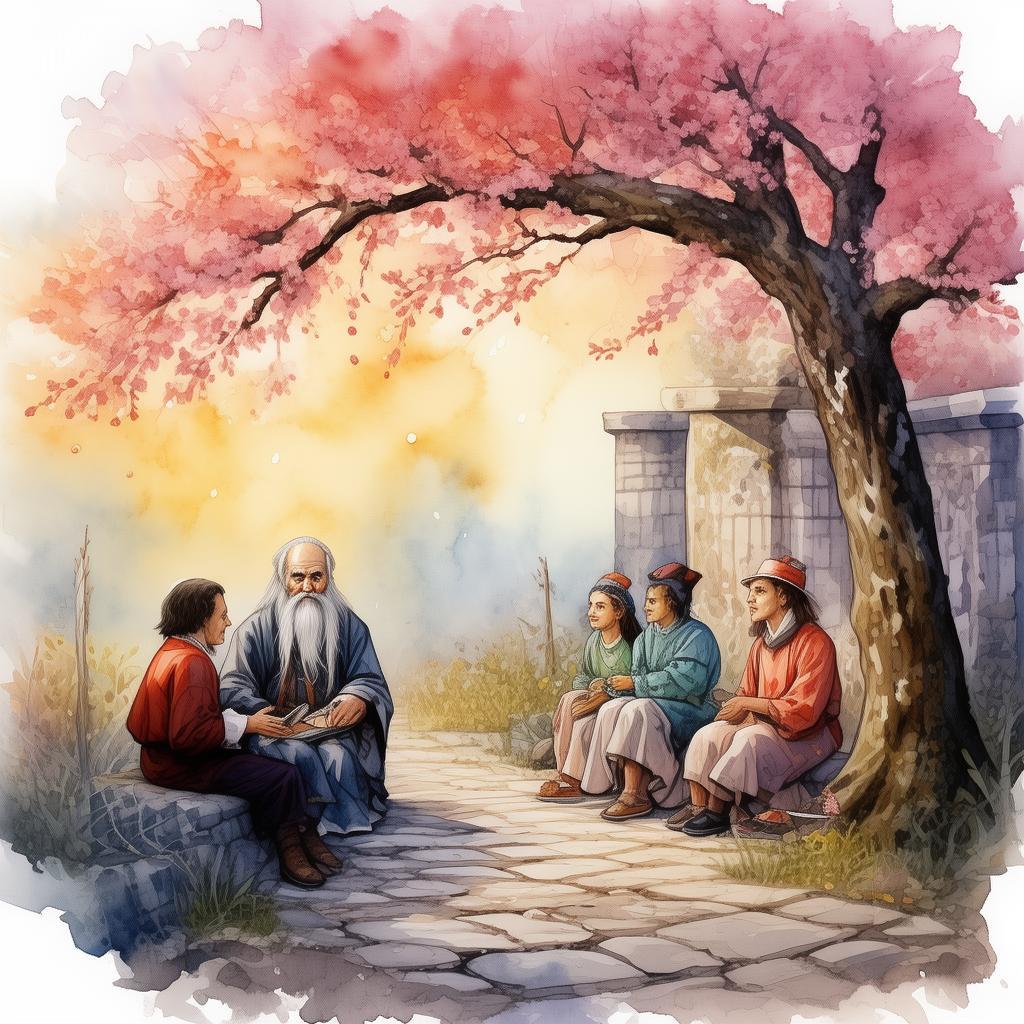The Pen That Unleashed Truth: A Pulitzer Prize Pursuit
In the bustling city of New York, amidst the towering skyscrapers and the relentless hum of the city, there was a newspaper that stood as a beacon of truth and integrity. The New York Sentinel had a reputation for its hard-hitting journalism and its unwavering commitment to uncovering the truth, no matter the cost. At the helm of this esteemed publication was a young and ambitious journalist named Elena Rodriguez.
Elena had always been passionate about journalism. She believed that the pen was a powerful tool, capable of shaping opinions, enlightening the public, and, most importantly, revealing the truth. Her dream was to win the Pulitzer Prize, the highest honor in American journalism, a prize that would not only validate her work but also serve as a testament to the importance of journalism in a democratic society.
One fateful day, Elena received an anonymous tip about a massive corruption scandal involving a high-profile politician, Mayor Richard Thompson. The tip was detailed and well-researched, and it promised to expose a web of deceit that could shake the very foundations of the city's government. The Sentinel's editor, Mr. Jameson, saw the potential of this story and immediately assigned Elena to investigate.
As Elena delved deeper into the investigation, she discovered that the corruption was far more extensive than she had initially imagined. The mayor, along with several of his closest allies, had been embezzling public funds and using their positions of power to enrich themselves. The evidence was overwhelming, and Elena felt a sense of responsibility to bring this truth to light.
However, the road to the truth was fraught with challenges. Elena faced pressure from both the mayor's office and the Sentinel's own management to drop the story. They warned her of the potential consequences, including her own safety and the future of the newspaper. But Elena was determined. She knew that the Pulitzer Prize was not just a personal achievement; it was a commitment to the public's right to know.
As the story unfolded, Elena's investigation led her to a series of interviews with whistleblowers, including a former aide to the mayor who had witnessed the corruption firsthand. The aide, fearing for his life, spoke under the condition of anonymity. Elena's meticulous reporting and the depth of her sources lent credibility to the story, making it impossible to ignore.
The Sentinel published the story, and it quickly became a sensation. The public was shocked by the revelations, and the scandal dominated the headlines. Elena's work was praised, and she felt a sense of triumph. However, she also felt the weight of the responsibility she had taken on. The mayor's allies, emboldened by their power, launched a smear campaign against Elena and the Sentinel, questioning the validity of the story and her sources.

Despite the backlash, Elena stood firm. She knew that the truth was the most powerful weapon in her arsenal. She fought back with every piece of evidence she had, and the public began to rally behind her. The story sparked a movement, and the pressure on the mayor and his cronies intensified.
As the investigation progressed, Elena uncovered a darker truth: the mayor's corruption was just the tip of the iceberg. The scandal had its roots in a much larger network of corruption that had been in place for years. The scale of the conspiracy was staggering, and it threatened to bring down not just the mayor, but the entire city government.
The Sentinel's editor, Mr. Jameson, faced immense pressure from the publisher to pull the story. The publisher was worried about the potential financial and legal repercussions. But Mr. Jameson stood by Elena, recognizing the importance of the story and the impact it could have on the city.
In the face of adversity, Elena's determination never wavered. She continued to dig deeper, uncovering more evidence and more sources. Her reporting was meticulous, her sources were credible, and her story was compelling. The public was captivated, and the pressure on the mayor and his allies grew.
Finally, the day of the Pulitzer Prize ceremony arrived. Elena was nominated for the Public Service Award, one of the most prestigious categories. She stood on the stage, her heart pounding, as the names of the finalists were read. When her name was called, she felt a surge of emotions. She had not only pursued the Pulitzer Prize but had also pursued the truth, and she had succeeded.
The award was a recognition of her dedication, her courage, and her unwavering commitment to journalism. It was a victory for the public, a victory for the truth, and a victory for Elena Rodriguez, the journalist who had used her pen to unleash the truth.
In the end, the story of Elena Rodriguez and the Pulitzer Prize was not just about winning an award. It was about the power of journalism to expose corruption, to hold the powerful accountable, and to serve the public interest. It was a story that would be remembered, a story that would inspire future journalists, and a story that would serve as a reminder of the importance of truth in a democratic society.
✨ Original Statement ✨
All articles published on this website (including but not limited to text, images, videos, and other content) are original or authorized for reposting and are protected by relevant laws. Without the explicit written permission of this website, no individual or organization may copy, modify, repost, or use the content for commercial purposes.
If you need to quote or cooperate, please contact this site for authorization. We reserve the right to pursue legal responsibility for any unauthorized use.
Hereby declared.









